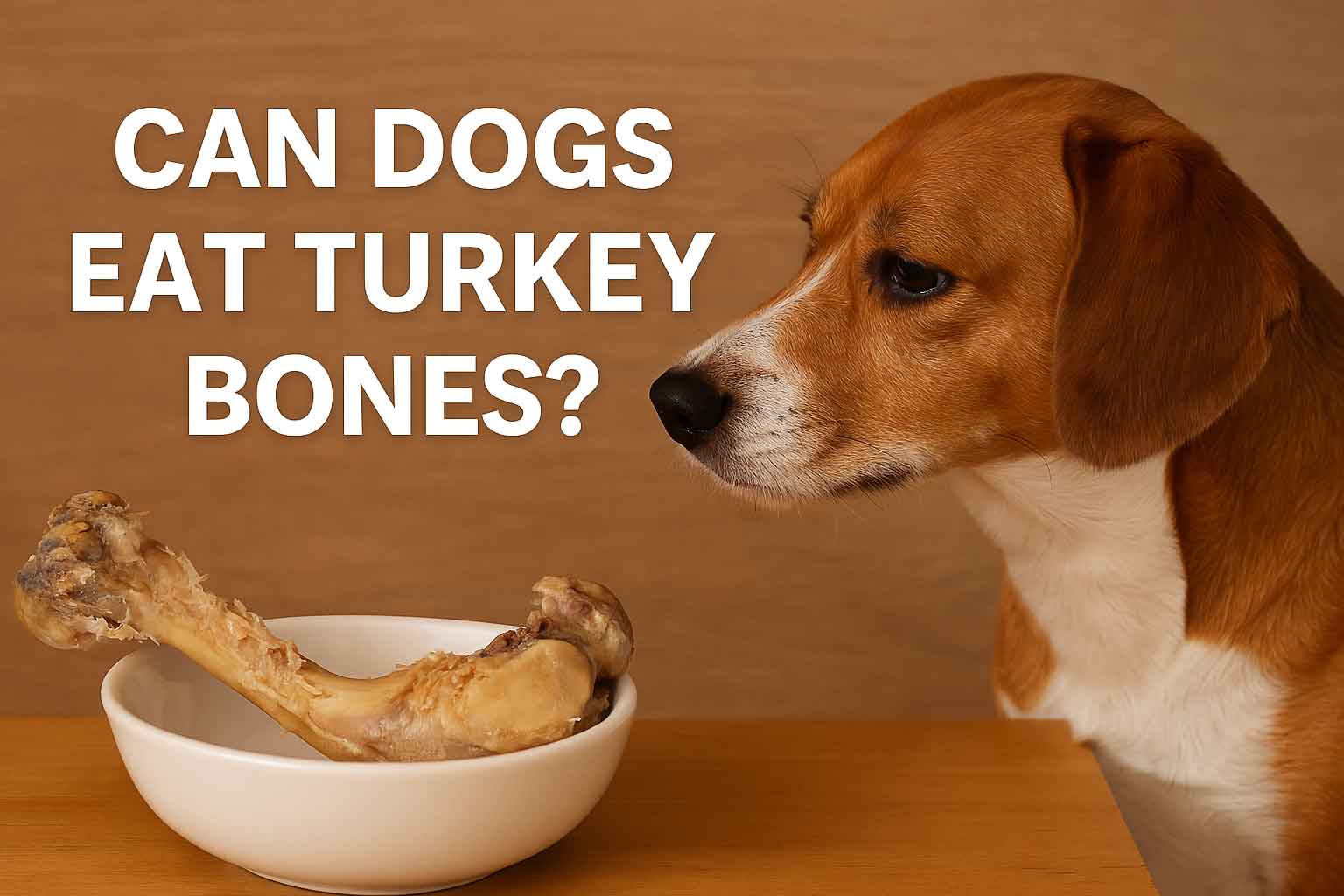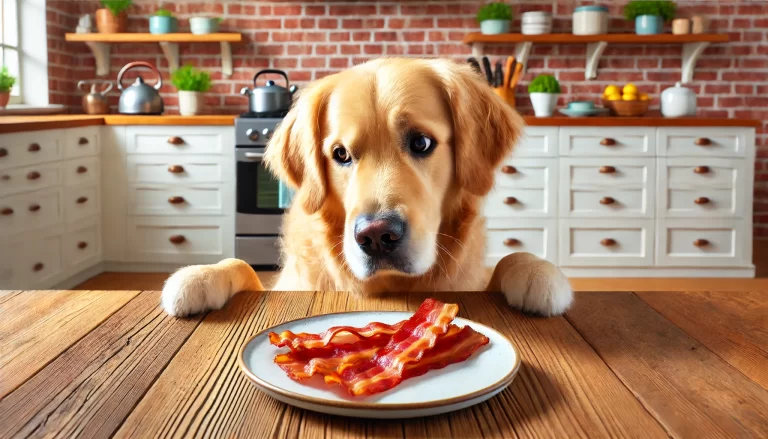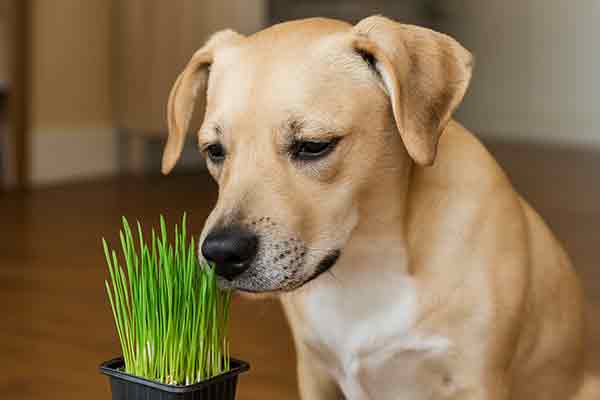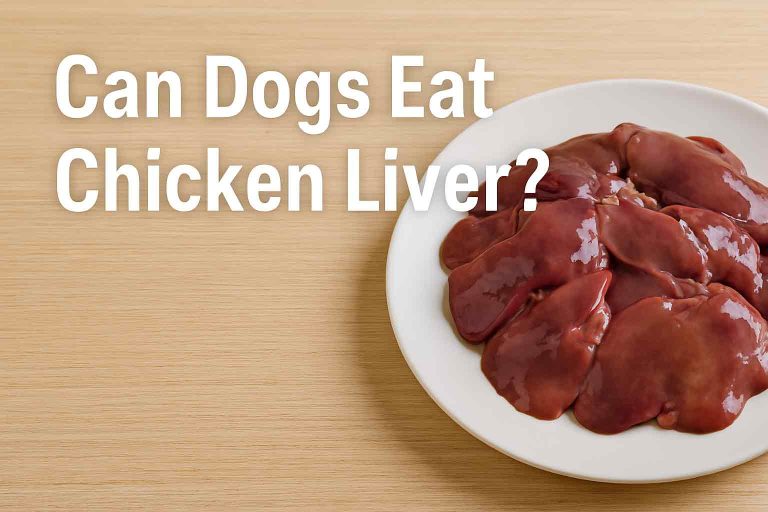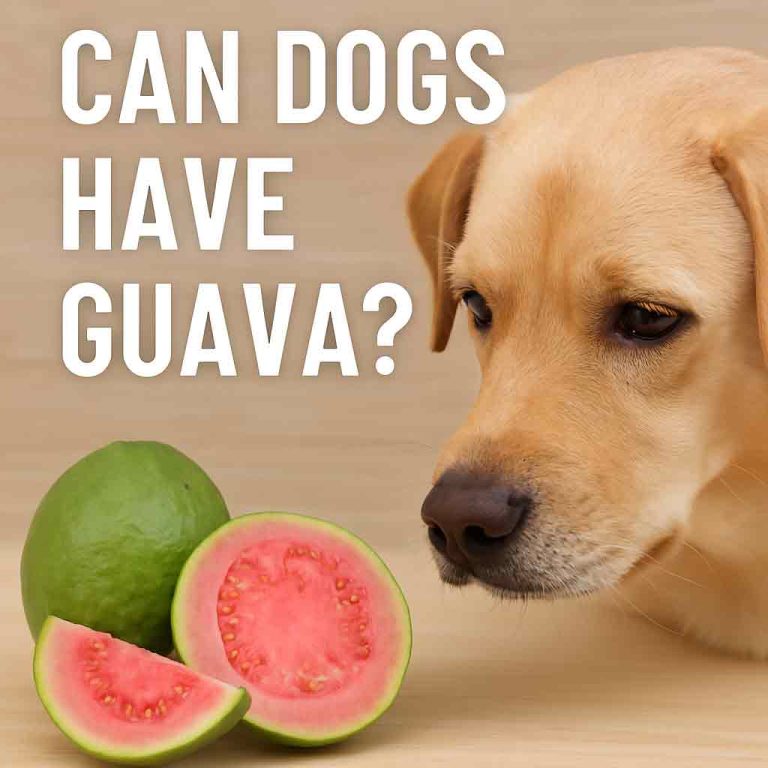Can Dogs Eat Turkey Bones? Risks, Dangers & Safer Alternatives
Turkey is a staple food in many households, especially during holiday seasons like Thanksgiving. If you have a dog, you may be wondering: Can dogs eat turkey bones? While it might seem harmless to share leftovers with your furry friend, turkey bones can actually be very dangerous for dogs.
In this article, we’ll explore the risks of feeding turkey bones to dogs, what to do if your dog accidentally eats one, and safe alternatives to consider.
Are Turkey Bones Safe for Dogs?
No, turkey bones are not safe for dogs. Both cooked and raw turkey bones pose serious risks.
1. Cooked Turkey Bones Are Extremely Dangerous
After cooking, turkey bones become brittle and can easily splinter into sharp pieces when chewed. These sharp fragments can cause:
-
Choking hazards
-
Mouth and gum injuries
-
Esophageal tears
-
Internal bleeding
-
Blockages in the digestive tract
2. Raw Turkey Bones: Still a Risk
Some pet owners believe raw turkey bones are safer because they are softer than cooked bones. While they may not splinter as easily, raw bones still pose choking and digestive hazards. Additionally, raw turkey bones can carry harmful bacteria like Salmonella or E. coli, leading to foodborne illnesses in both dogs and humans.
What Happens If a Dog Eats a Turkey Bone?
If your dog accidentally eats a turkey bone, it’s important to act quickly. Here’s what you should do:
1. Assess the Situation
-
How big was the bone?
-
Did your dog chew it or swallow it whole?
-
Is your dog choking or gagging?
2. Look for Warning Signs
If your dog is experiencing any of these symptoms, seek emergency veterinary care immediately:
-
Coughing or gagging (signs of choking)
-
Pawing at the mouth
-
Vomiting or retching
-
Excessive drooling
-
Lethargy
-
Abdominal pain or bloating
-
Bloody stools or difficulty pooping
3. Do Not Induce Vomiting
If your dog has swallowed a turkey bone, do not try to make them vomit. This could cause further damage if sharp bone fragments get lodged in the throat.
4. Monitor Your Dog Closely
If your dog is acting normal, watch for signs of distress over the next 48 hours. Some bones may pass through the digestive system naturally, but blockages or injuries can occur later.
5. Call Your Veterinarian
It’s always best to contact your vet for professional advice. They may recommend an X-ray or other diagnostic tests to check for internal damage.
Safe Alternatives to Turkey Bones
If you want to give your dog a safe and delicious treat, consider these bone-free options instead:
1. Cooked Turkey Meat (Without Bones or Seasoning)
Plain, unseasoned turkey meat is safe for dogs in moderation. Avoid giving them turkey skin, as it is high in fat and can cause pancreatitis.
2. Dog-Safe Chews
Instead of bones, try these alternatives:
-
Rawhide-free chew sticks
-
Dental chews
-
Kong toys filled with peanut butter (xylitol-free)
-
Carrots or apple slices
3. Vet-Approved Dog Bones
If your dog enjoys chewing, opt for veterinarian-approved dog bones made specifically for canine consumption.
FAQs About Dogs and Turkey Bones
1. What Should I Do If My Dog Ate a Turkey Bone But Seems Fine?
Even if your dog is acting normal, you should monitor them closely for 48 hours. Some complications, such as internal injuries or blockages, may not show immediate symptoms.
2. Can Turkey Bones Kill a Dog?
Yes, in severe cases, turkey bones can cause life-threatening injuries. If a bone punctures the stomach or intestines, it can lead to severe infections, internal bleeding, and even death.
3. Can Dogs Eat Turkey Necks?
While some raw feeders give their dogs turkey necks, they still carry risks, including bacterial contamination and choking hazards. Always consult your vet before offering raw bones.
4. Can I Give My Dog a Cooked Turkey Leg?
No, cooked turkey legs contain dangerous bones that can splinter and harm your dog’s digestive tract. Stick to boneless, plain turkey meat instead.
5. Are Other Poultry Bones Safe for Dogs?
No, chicken, duck, and other poultry bones carry the same risks as turkey bones and should always be avoided.
Final Thoughts: Keep Turkey Bones Away from Your Dog
While it may be tempting to share leftovers with your dog, turkey bones are a serious hazard and should never be fed to pets. The risks of choking, blockages, and internal injuries far outweigh any potential benefits.
If your dog accidentally eats a turkey bone, stay calm, monitor their behavior, and contact your veterinarian for guidance.
For a safe alternative, offer plain, boneless turkey meat or a vet-approved chew treat. Keeping your dog’s diet safe and balanced will help ensure they stay healthy and happy!
By following these tips, you can protect your dog and still let them enjoy a tasty treat during the holidays. Want more pet safety tips? Check out our other articles on dog nutrition and health!

